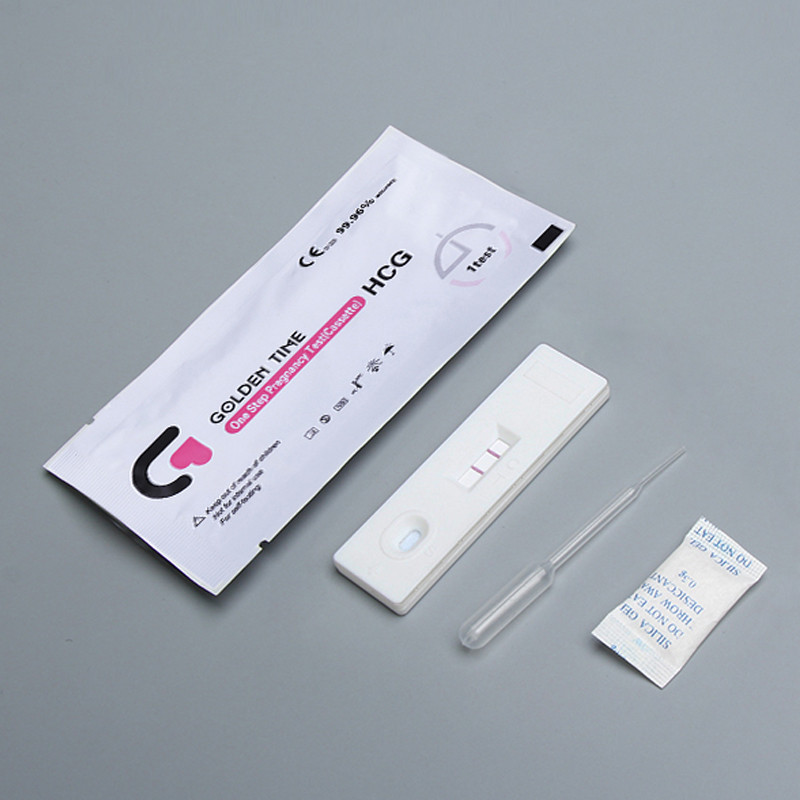Nov . 04, 2024 23:22 Back to list
best hepatitis c diagnosis test
The Best Hepatitis C Diagnosis Tests A Comprehensive Overview
Hepatitis C is a viral infection that primarily affects the liver, potentially leading to severe liver damage, cirrhosis, and even liver cancer if left untreated. Early diagnosis is crucial for effective management and treatment of the disease. The advent of modern diagnostic testing has greatly improved our ability to identify and treat hepatitis C, thereby reducing the risk of long-term complications. This article will discuss the best hepatitis C diagnosis tests available today and their significance in public health.
Understanding Hepatitis C Testing
The diagnosis of hepatitis C typically involves a combination of screening tests followed by confirmatory tests. The initial screening test usually aims to detect antibodies to the hepatitis C virus (anti-HCV). If this test returns positive, further testing is necessary to confirm the presence of the virus itself and assess the level of liver damage.
1. Anti-HCV Antibody Test
The first step in diagnosing hepatitis C involves the anti-HCV antibody test, which identifies antibodies produced by the immune system in response to a hepatitis C infection. A positive result indicates that a person has been exposed to the virus, but it does not confirm that an active infection is present. This test is highly sensitive and specific, making it a reliable initial screening tool. Rapid tests are also available, providing results in a matter of minutes, which is especially useful in settings where immediate decisions about treatment are necessary.
2. HCV RNA Test
To confirm an active infection, the next step is the HCV RNA test, which detects the presence of the virus's genetic material in the blood. This test can quantify the amount of virus present (viral load), providing valuable information about the severity of the infection. It is particularly important for determining treatment options, as the viral load can influence the choice of antiviral therapy. Additionally, an early HCV RNA test can detect an infection within weeks of exposure, making it a crucial tool for early diagnosis.
best hepatitis c diagnosis test

3. Genotype Testing
Once an active infection has been confirmed, genotype testing is performed to determine the specific strain of the hepatitis C virus. This information is essential for predicting the potential response to treatment and guides the selection of appropriate antiviral medications. There are several different genotypes, and the most common in the United States are Types 1a and 1b. Genotyping helps tailor treatment plans to maximize efficacy and minimize side effects.
4. Liver Biopsy and Imaging Studies
While the above tests focus primarily on diagnosing the infection itself, evaluating the extent of liver damage is also critical. A liver biopsy can be performed to assess fibrosis or cirrhosis. However, this invasive procedure is less commonly used today due to the availability of non-invasive alternatives, such as FibroScan (transient elastography) and serum fibrosis markers. These imaging studies help determine the stage of liver disease and inform treatment decisions.
5. Importance of Testing in Public Health
Widespread testing for hepatitis C is integral to public health efforts aimed at controlling the spread of the virus. The Centers for Disease Control and Prevention (CDC) recommends that individuals born between 1945 and 1965, as well as those with risk factors such as intravenous drug use or receiving blood transfusions before 1992, be screened for hepatitis C. Early diagnosis leads to timely treatment, which can significantly reduce the likelihood of serious health complications.
Conclusion
In conclusion, the best hepatitis C diagnosis tests encompass a variety of screening and confirmatory methodologies that are essential for effective disease management. From the initial anti-HCV antibody test to advanced HCV RNA and genotype testing, these tools not only confirm the presence of the virus but also guide treatment decisions and monitor liver health. As public health initiatives continue to promote awareness and testing, the early detection of hepatitis C has the potential to save countless lives and improve health outcomes for millions worldwide.
-
Premium Empty ABS Plastic Cassettes: Durable & Lightweight Storage
NewsAug.01,2025
-
Accurate Cocaine (Coc) Rapid Test Kit | Fast & Reliable Detection
NewsJul.31,2025
-
Accurate HCG Pregnancy Test Strips | Fast Home Use Kit
NewsJul.31,2025
-
Reliable Early Pregnancy Test Kit Supplier - Multi Plastic Cassette Options
NewsJul.30,2025
-
Transferrin Rapid Test Cassette – Reliable Tumor Marker Detection
NewsJul.29,2025
-
Accurate Follicle Stimulating Hormone Test Kit | Rapid Reliable Results
NewsJul.29,2025

